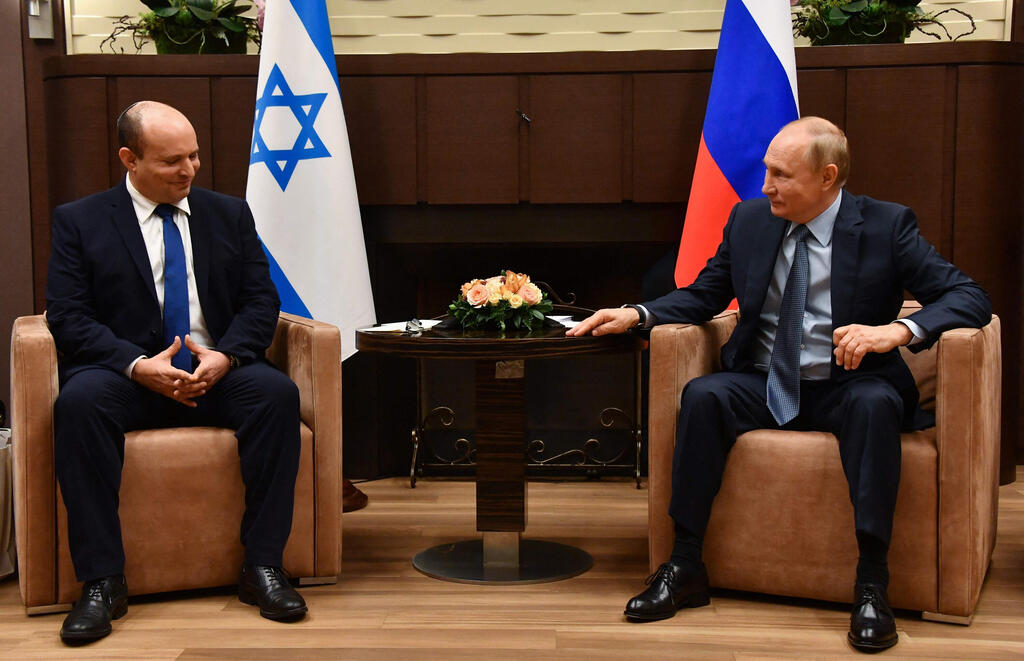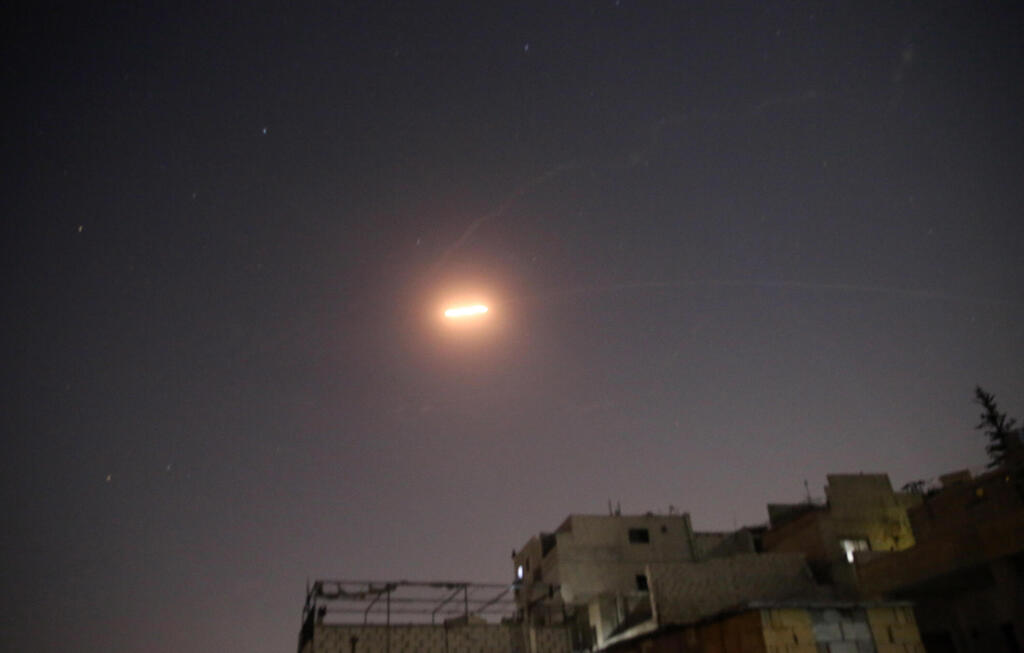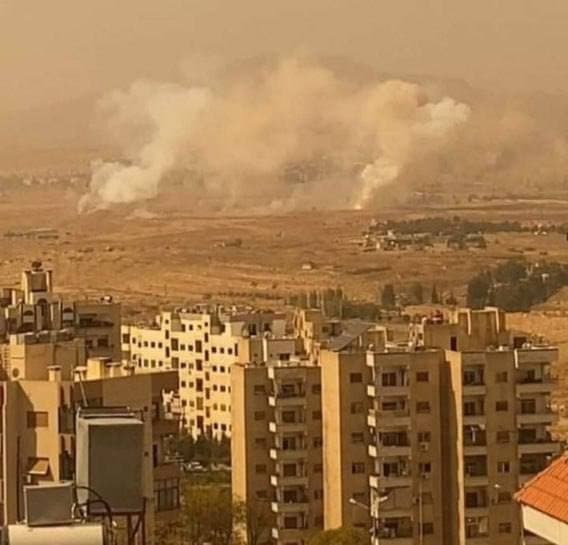Attacks attributed to Israel against Iranian targets in Syria have been gaining pace over the past month, dealing a heavy blow to Tehran's military presence in the area.
It appears that in an unusual turn of events, Syrian, Russian and Israeli interests are aligning, even if all three are denying this publicly.
When it comes to Israel the objectives are clear: Push Iran out of Syria and prevent arms shipments to its proxy Hezbollah in Lebanon.
If reports about Israel's latest attack in Syria on Tuesday are true, the raid was a coordinated, multi-level operation against two distant targets. Reports in Syria said the attack near the coastal city of Tartus was aimed against a missile production facility, while the raid near Homs targeted an airfield in the area.
The hour of the attack, 7pm, was also unusual, meaning the alleged Israeli war jets took off at dusk.
Tuesday's attack seems to be a complicated operation, planned ahead of time, unlike the one carried out last week near Damascus, targeting an arms convoy on its way to Lebanon - perceived to be initiated at the spur of the moment. Reports said that attack had been conducted using surface-to-surface missiles and not fighter jets.
Over the past month, seven different alleged Israeli attacks have been reported in Syria, a 15% increase compared to the same period last year. Some say the increase is due to the current warm temperature and such actions during the winter are more difficult due to weather conditions.
But the question is where do Israel, Syria and Russia's interests meet when it comes to these attacks?
Syrian President Bashar al-Assad is trying to rehabilitate his army and take over more areas of the country as the decade-long civil war seems to be coming to an end.
In reality, he has no issue with Israel trying to push the Iranians out of Syria, despite the fact his soldiers are still operating the air defenses counteracting the alleged Israeli attacks.
3 View gallery


Prime Minister Naftali Bennett's meeting with Russian President Vladimir Putin last month in Sochi
(Photo: AFP)
Russia for its part sees these operations as just another step in its war with Tehran over strategic control of the region.
This is the reason why Russian President Vladimir Putin keeps greenlighting these strikes. It should be noted that despite various reports, Moscow and Jerusalem's security coordination is still going strong.
It is safe to assume that such actions will continue, at least until the winter comes.



